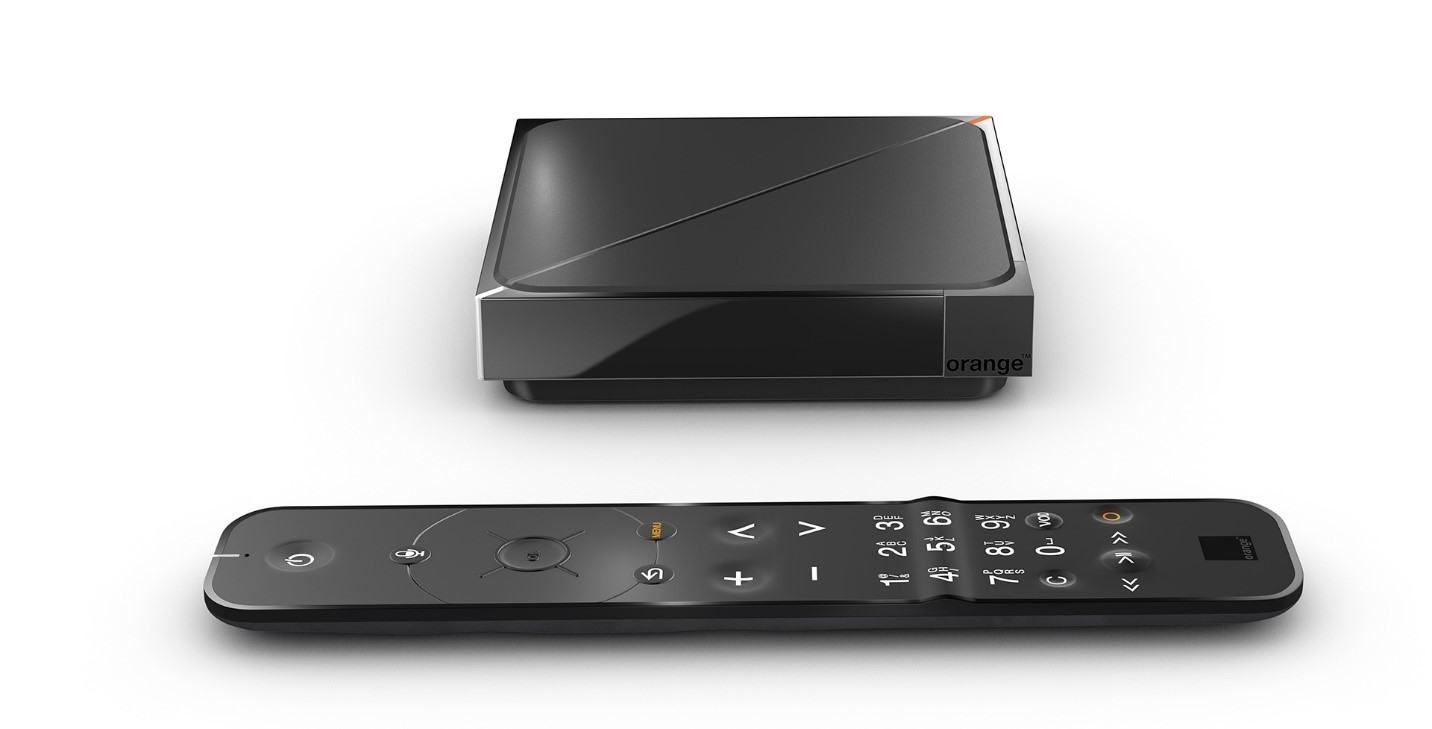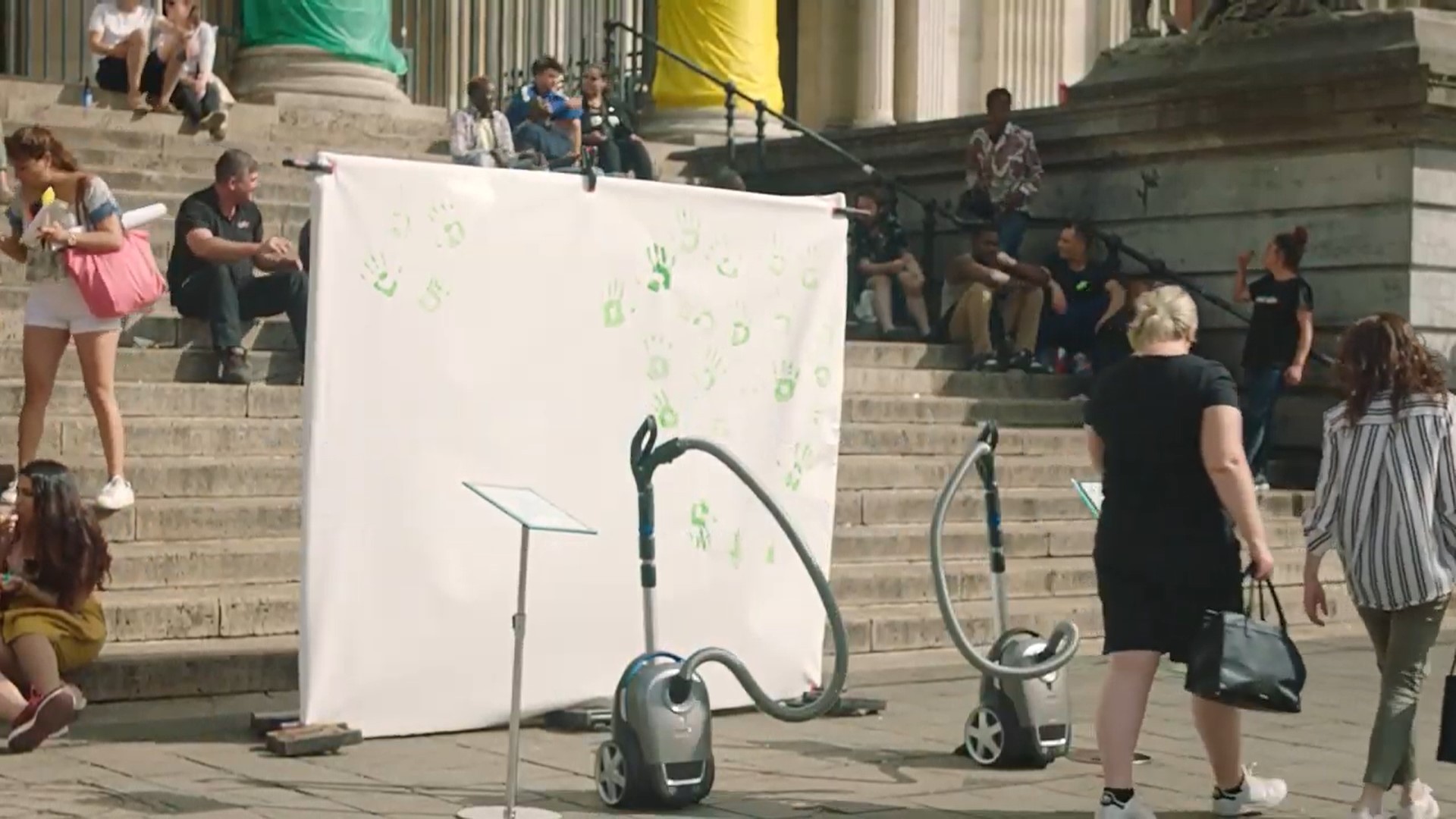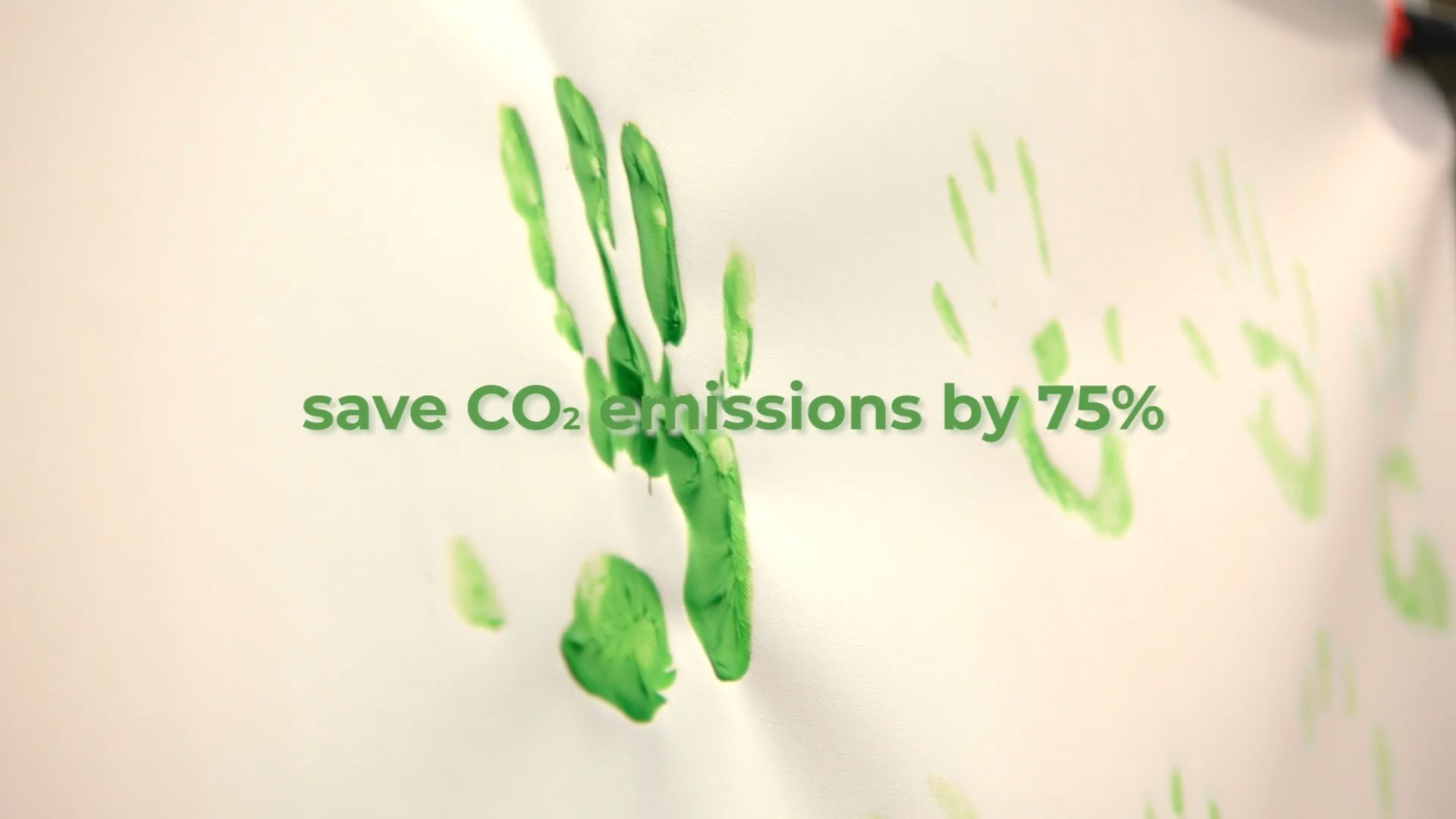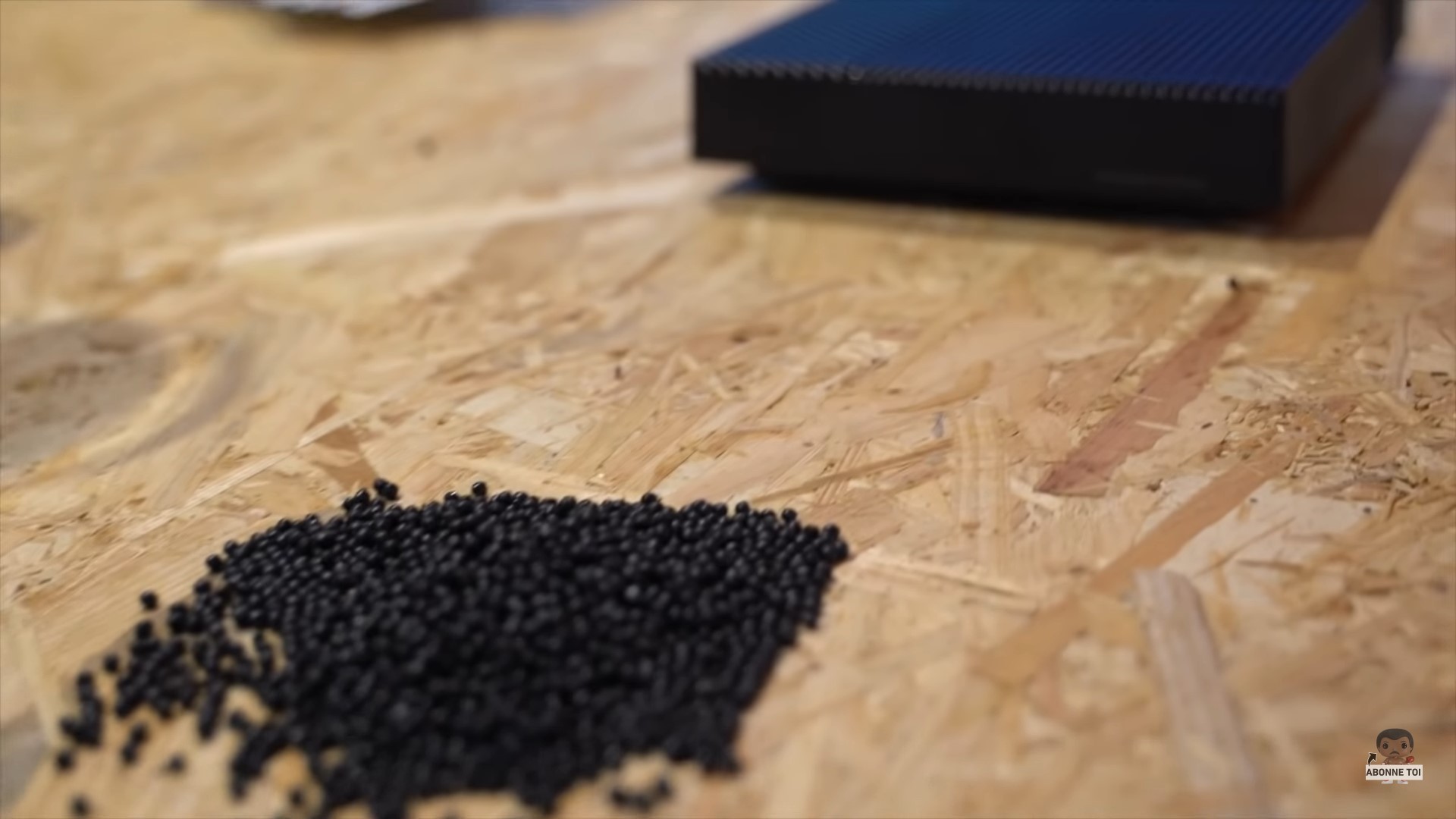Recycled plastics – a social experiment
Do you know whether your everyday devices – such as mobile phones, televisions, vacuum cleaners, coffee machines – are made of recycled plastic? Don’t worry if you don’t know – you’re not alone! However, this should change quickly.
In view of the ever-increasing quantities of plastics, manufacturers are being asked to design their products in such a way that they are easy to recycle and, of course, already consist of recycled plastic material. Of course, manufacturers only do this if consumers follow this path – or perhaps even think ahead. For this reason, PolyCE, a project funded by the European Commission and also supported by the United Nations, calls on consumers to demand electronic and electrical products made of recycled plastic from manufacturers.
Do you see the difference?
Do you see a difference in quality, appearance and performance when recycled plastic is used in such equipment? See for yourself
PolyCE is a multinational consortium led by the renowned Fraunhofer Institute for Reliability and Microintegration. The consortium includes universities (UN University Bonn, University of Ghent, Belgium, Technical University Berlin and University of Northampton, UK), civil society organisations (European Environmental Bureau) and numerous companies including Philips, Whirlpool and MGG Polymers. The 20 partners who initiated this two-year campaign are active in nine countries: Belgium, the Netherlands, Italy, Germany, Austria, Spain, Finland, the United States and the United Kingdom.
80,000 fully loaded trucks
“Electronic and electrical devices consist of around 20 percent plastics. This makes old electrical appliances an important resource if you want to recycle plastics and thus close the cycle by reusing them,” explains Günther Höggerl, Technical Director at MGG Polymers. A current example shows how important good recycling of plastics is: At present, around 10 million tons of electronic scrap are generated annually in Europe (EU, Norway, Switzerland). 2 million tons of this will be plastics. This corresponds to 80,000 fully loaded 25-ton trucks that would form a line from Rome to Frankfurt! Not all of this comes back and quite some this material is still exported outside Europe, unfortunately.
Insights full of ignorance
The scarcity of resources and the environmental protection concept call for these quantities of plastic to be properly recycled and reused in new products. However, a recent consumer survey conducted by the PolyCE project showed that half of the respondents did not know if they had ever purchased a technical product with recycled plastic! On the other hand, 86 percent who answered yes to this question did not notice any difference in the quality, appearance or performance of these products.
Another important result of the survey was that 95 percent of those who were informed about the health and environmental benefits of recycled plastic components in electrical and electronic equipment confirmed that they would buy products with this feature. Although consumers indicate a high willingness to act in accordance with the recycling economy, the actual commitment is unfortunately still relatively low.
Communication = the key to success
For this reason, PolyCE sees appropriate communication and information as the key to recycling success. Consumers have an influence, so they should be encouraged to prefer products made of recycled plastic. Each individual can use their individual purchasing power to support products that are easy to recycle.
Then manufacturers are asked to adapt the design of their products accordingly. Rüdiger Kuehr, E-waste expert at the UN University in Bonn, is sure that “a better design could lead to considerable environmental and cost savings”. “For some products, such as tablet computers and smartphones, much of their manufacturing cost and environmental impact is the result of decisions made at the product design stage,” Kuehr says.
Successful showcase examples
Orange, for example, shows that good design can be achieved with recycled plastic: France’s largest telecommunications company relies on modern modem equipment consisting of 100% recycled plastics supplied by MGG Polymers and that are returned to MGG Polymers at their end of life for recycling. See for yourself
With such examples PolyCE wants to show consumers as well as experts the advantages of recycled compared to newly produced plastics. The success of the initiative is relevant to several of the United Nations’ goals for sustainable development – particularly responsible consumption/production, sustainable cities and communities, and climate protection. It is therefore important that in the future everyone knows whether their everyday equipment is made of recycled plastic or not.




